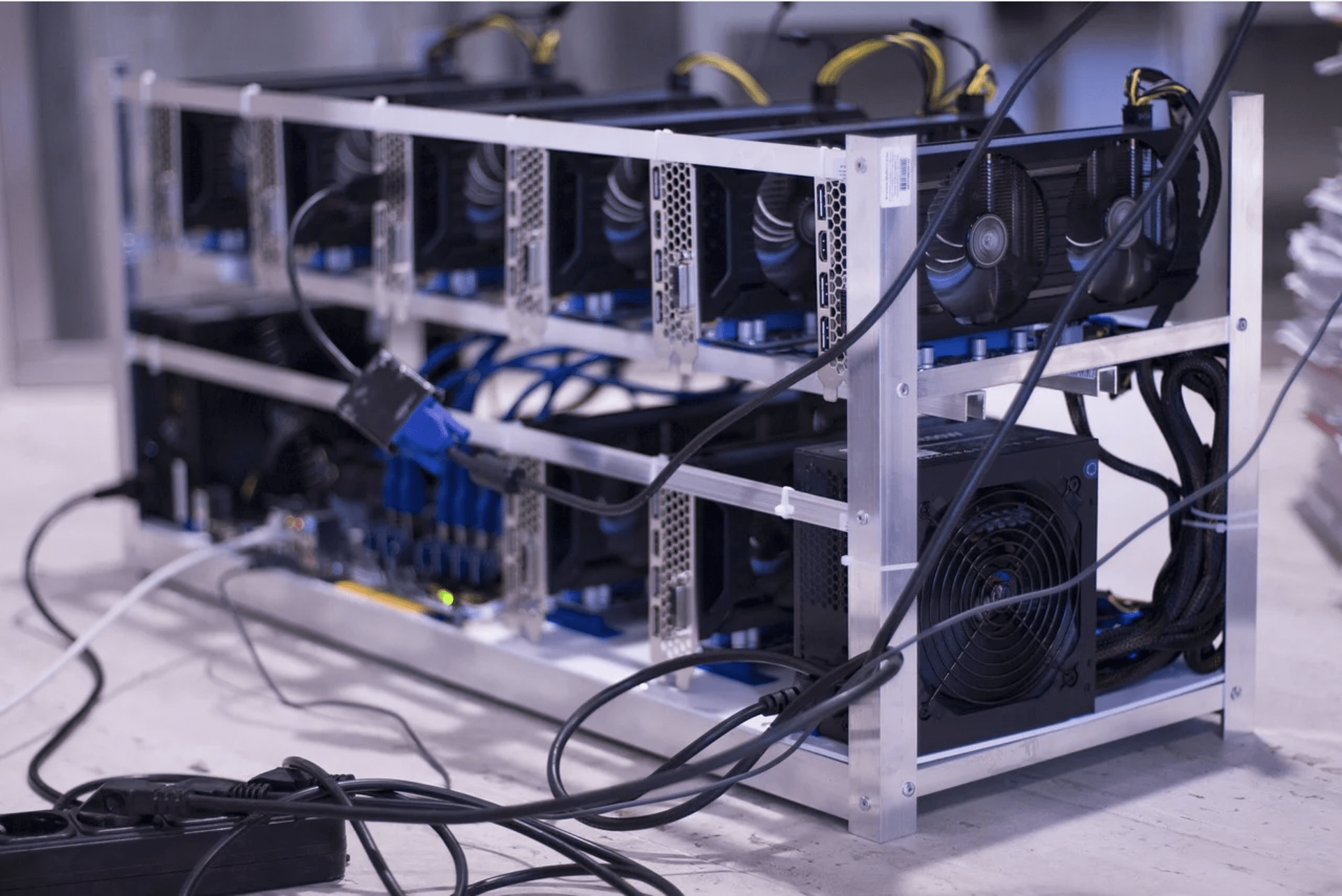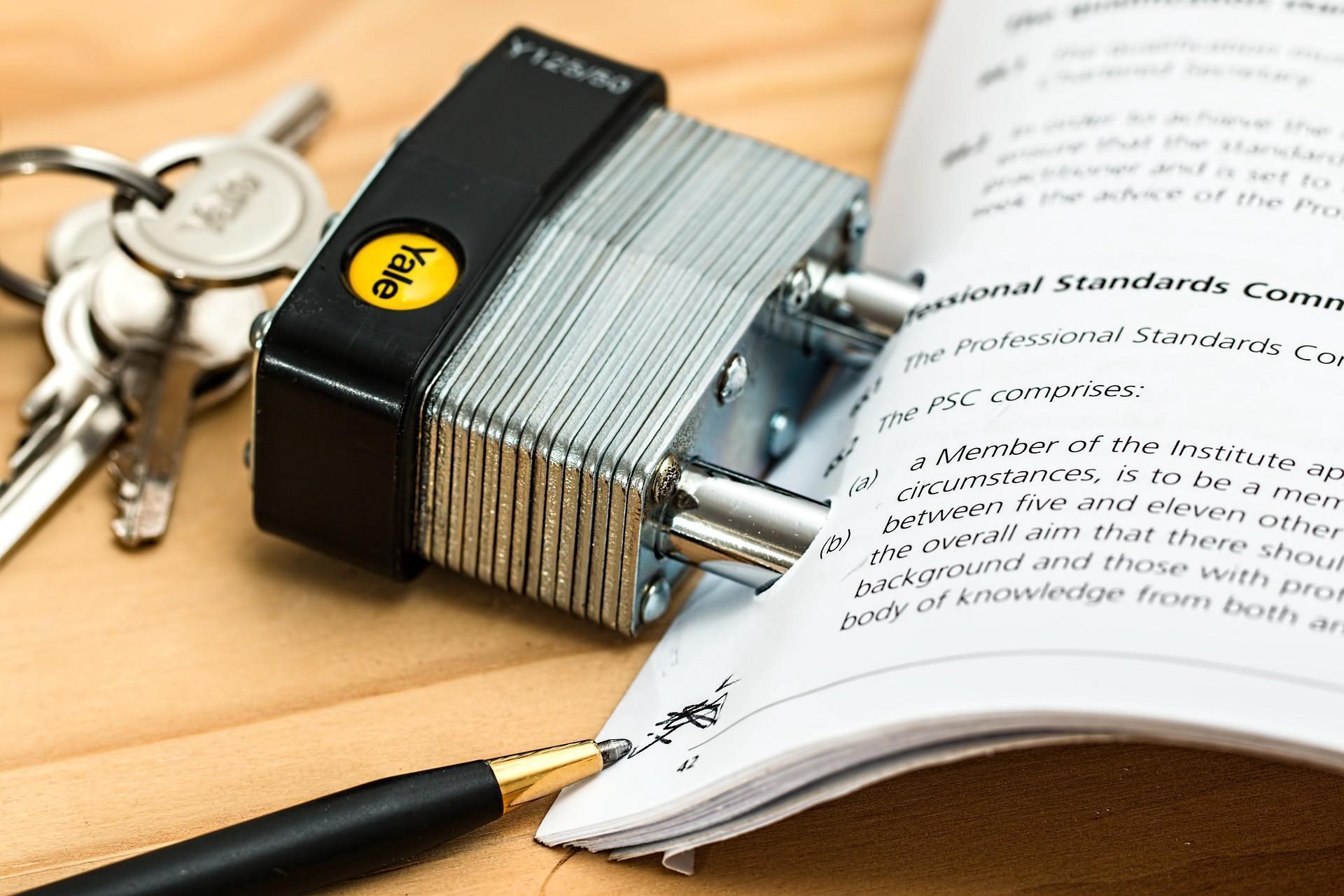Are tokenized securities the silver bullet to liquidity, transaction speeds and increased access to investment opportunities?
Elizabeth Bailey eyed the primordial sea creature that was slithering across her plate with horror, “surely they don’t expect me to eat this,” she thought to herself.

Dinner is served. (Photo by Elle Hughes on Unsplash)
Before her first business trip (or for that matter, first-ever trip) to the Far East, Bailey’s fellow colleagues had beguiled the native of Bowman, North Dakota, with tales of foreign tongues and exotic foods.
Having known nothing about the world at large outside of her hometown of Bowman and her adoptive city of Seattle, she just imagined that everyone outside of the United States ate monkey brains (thanks to Steven Spielberg).
Now that she had graduated from college and moved to Seattle to work for a large software company, she thought she had seen it all until of course, she went to South Korea to speak with technology vendors.
During that baptism of fire, to say that Bailey received a “culture shock” was, to put it mildly.
Up to her move to Seattle, the blonde-haired blue-eyed South Dakotan had never even met an Asian American, let alone sampled Asian food.
Yet business custom (as she was told) required her to somehow devour the live octopus set before her, with aplomb, as her gracious South Korean hosts looked on encouragingly.
By now, her supervisor was starting to whisper tersely below his breath, telling Bailey to just “eat the damn thing, they’re giving us a very good deal.”
Bailey, by now close to tears, felt as if she was about to throw up in her mouth.
Yet somehow, plucking up the courage to use her knife and fork (she wasn’t about to try to fight the beast with a pair of pool cues), Bailey gingerly sliced up a tentacle of the cephalopod as it wriggled in agony.
Forgoing the soy sauce and wasabi (only so many exotic flavors at one go), she opened the hatch and tried her best to down the still struggling tentacle of the inkfish.
Big mistake.
The still squirming tentacle caused the distraught Bailey to choke and sent a piece of (very much moving) octopus flying out of her throat and directly onto the face of the South Korean firm’s chairman.
Mortified, she thought she had in one fell choke, lost her dinner, the deal and her job.
But far from being chastised, the bemused chairman burst into raucous laughter, to which his underlings joined in.
Clinking glasses of soju, a potent, grain alcohol, usually made from rice, the chairman, with the help of an interpreter, complimented Bailey on her sporting sense and the night ended with plenty of back-slapping and red faces (both from the alcohol and embarrassment).
Overall, Bailey’s first business trip to the Far East had been a success.
Because unbeknownst to Bailey, it wasn’t so important that she had eaten the live octopus (a delicacy of the highest honor in South Korea), but that she had made the effort to try.
Something For Securities
Which is precisely what a group representing some of Asia’s largest asset managers and financial services companies are looking to do — making an effort to try to weave blockchain technology into the staid business of securities.

Slot machines took on a different character. (Image by skeeze from Pixabay)
In a future envisioning the tokenization of securities, including financial assets such as stock and bonds — the group, which includes storied names such as Citigroup, Nomura Holdings, Standard Chartered, and PriceWaterhouseCoopers have produced a paper examining a future in which tokenized securities are part of the mainstream institutional toolkit, calling for greater regulatory clarity to pave the way to the blockchain revolution.
The report suggests that,
“Tokenized securities could represent an innovative new financing and capital raising model that is efficient, scalable and provides liquidity.”
“The link between traditional financial products and instruments and blockchain technology offers stakeholders the reliability of a regulated instrument, combined with the benefits afforded by a blockchain.”
“Because they are generally regulated as securities, they will also bring more trust and support in the crypto market.”
According to the report, the advantages of tokenized securities are myriad, including faster settlement speeds, automated compliance, and round-the-clock trading.
And You Thought Bitcoin Was Slow
Even though one of the major bugbears of public blockchains, such as the one that underpins Bitcoin, is its relatively leisurely verification of transactions — on average 10 minutes — settlement of securities can take anywhere between four to seven days.
And because any tokenized securities envisioned by the paper are likely to be run off a private blockchain, transaction speeds could be sped up dramatically and this has a huge impact on liquidity.
One of the biggest challenges in the market for securities today is access to liquidity.

The future of money. (Image by Лечение Наркомании from Pixabay)
The longer it takes for transactions to be settled, the longer those assets are tied up and unavailable for trading — same goes for the funds used to trade in those same assets.
But if tokenized securities take off, the substantial lag times between trade execution and settlement could be dramatically decreased, especially for complex derivative products which may currently be sold over-the-counter or OTC.
Tokenized securities can also reduce slippage (the actual execution price for securities and the actual achieved price) as well as fees between intermediaries during the time when trades have yet to be settled.
Then there’s the beauty of smart contracts on the blockchain.
Ain’t Nothing Smarter Than A Smart Contract
One of the biggest challenges facing smart contracts is the establishment of an “oracle” — an independent arbiter of whether or not the conditions of a contract have occurred, whose information will be relied upon for execution of such a contract.
With tokenized securities, considering that they are likely to function atop well-regulated exchanges such as the New York Stock Exchange, price data for the execution of such contracts can be expected to be far more reliable than the disparate datapoints that currently pass off as “price” in the cryptocurrency markets.

This contract be on lock. (Image by Steve Buissinne from Pixabay)
Tokenized securities then have the potential to supercharge trading of such securities, with increased execution, transaction and trading speeds.
But of course, the consequence of such increased speeds also is “flash crashes” where millions of smart contracts execute at once, causing security prices to rise and fall or behave in hitherto unforeseen or unforeseeable ways.
Yet smart contracts have the potential to dramatically streamline the trading of exotic securities such as derivatives, reduce litigation and dispute resolution costs and inject more capital into the securities markets.
We’re Never Closed
Then, of course, there’s the huge advantage of round-the-clock trading.
Cryptocurrency trading in its current state is already a highly automated affair, with the bulk of trading activity being conducted by automated trading bots or algorithms which allow cryptocurrency markets to function 24/7.
Not so for securities exchanges.
And because major markets such as Asia and North America are at exact opposite timezones, much of the trading volume capture may be lost.
Instead, imagine a securities market where a trader sitting in Tokyo can either manually or automatically trade an American stock at any time of the day of his or her choosing — the increase in volume would necessarily be antecedent to a rise in fees generated by such securities exchanges.
While the concept of tokenized securities is not entirely new, the paper produced by some of the most revered financial institutions in Asia reflects a shift in thinking as markets across the globe find new ways to generate greater trading activity, vibrancy, and revenue.
If the failed WeWork IPO is anything to go by, the pursuit of blockchain could not have come any sooner.
Real Tokens For Real Estate
And one area where tokenization has generated substantial interest has been in illiquid assets such as real estate.
To be sure, Asia has seen its fair share of property bubbles. From Beijing to Bangkok, scores of unsold properties and generations of familial wealth have been created and lost by real estate — more often than not due to a lack of liquidity management.
But with rising real estate prices, there has also been growing resentment among a new, young generation of investors, who have been unable to climb even the first rung of the property ladder.

Hard to trade. (Image by Pexels from Pixabay)
Perhaps like the fractional ownership of a private jet, tokenized real estate-backed securities have the potential to be that sample-sized taste of real estate wealth that many in Asia continue to aspire towards.
And tokenizing real estate interests also has the potential to unlock the illiquid equity in real estate.
Unlike real estate itself, which is cumbersome to trade and transact, a tokenized real estate security has the potential to inject fresh funds into moribund real estate markets or to increase access to real estate investments to an entirely new segment of society, that hitherto had been deprived of such access because of the large entry ticket of property investment.
Although conceptually and technologically there is little in the way of tokenized securities, legally there are substantial obstacles to adoption.
For starters, many securities exchanges are still based heavily on paper.
Despite the electronic settlement, paper is still heavily utilized in back-end settlement.
Real estate also remains challenging because not all land registries, particularly in Asia, are digitized, making them ripe for a record on the blockchain, but also challenging to tokenize.
That’s not to say that the blockchain sun that is ascending in the East ought to be abandoned altogether.
If nothing else, with growing disillusionment with IPOs and thinning volumes, capital markets in Asia are essentially fighting each other tooth and nail for an ever-diminishing investor and investment pie.
This surely must be seen as a race to the bottom.
Instead, if the capital markets are to truly evolve and grow, inclusiveness ought to be the order of the day.
And given that tokenized securities have the ability to be divisible into far smaller slices than traditional securities, making them far more palatable and consumable for retail-level investors, a whole new segment of the “uninvested” could now participate in the growing wealth that is Asia.








Leave your comments
Post comment as a guest